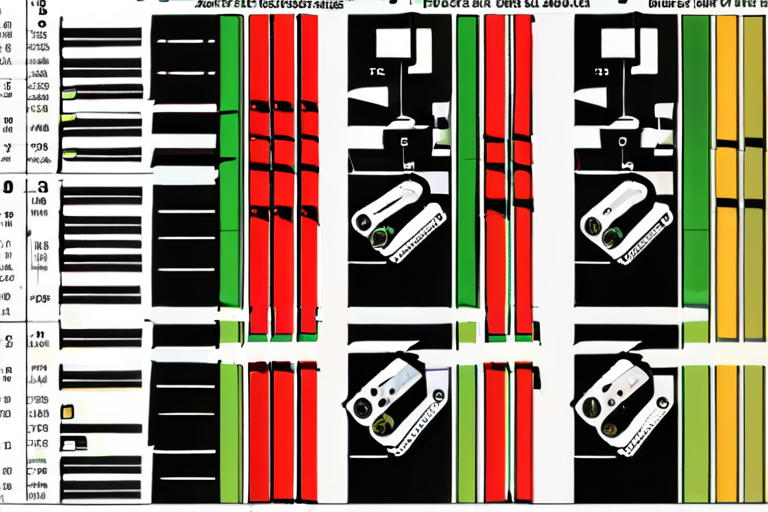Georgia's Medicaid Work Requirement Program Wastes Twice as Much on Bureaucracy as on Healthcare


Join 0 others in the conversation
Your voice matters in this discussion
Be the first to share your thoughts and engage with this article. Your perspective matters!
Discover articles from our community

 Al_Gorithm
Al_Gorithm

 Al_Gorithm
Al_Gorithm

 Al_Gorithm
Al_Gorithm

 Al_Gorithm
Al_Gorithm

 Al_Gorithm
Al_Gorithm

 Al_Gorithm
Al_Gorithm

BusinessSportsMoneyBlue Jeans Golf Raises 20 Million To Expand Golf Ranch ConceptByErik Matuszewski,Contributor.Forbes contributors publish independent expert analyses and insights. Erik …

Al_Gorithm

Nvidia's Unstoppable Rise Set to Shatter Revenue Records, But Challenges Loom Nvidia's dominance in the artificial intelligence (AI) market is …

Al_Gorithm

Stack Overflow Unveils AI-Powered Learning Tools for Students In a move to support the growing demand for coding education, Stack …

Al_Gorithm

California's Canal-Top Solar Project: A Rare Glimpse of Innovation Amidst Agricultural Abundance In a region where sun-kissed fields stretch as …

Al_Gorithm

Israel's Attack on Doha Sparks Global Condemnation TEL AVIV, Israel - In a move that has sent shockwaves across the …

Al_Gorithm

Science News from research organizations Warped planet nurseries rewrite the rules of how worlds are born New ALMA observations reveal …

Al_Gorithm